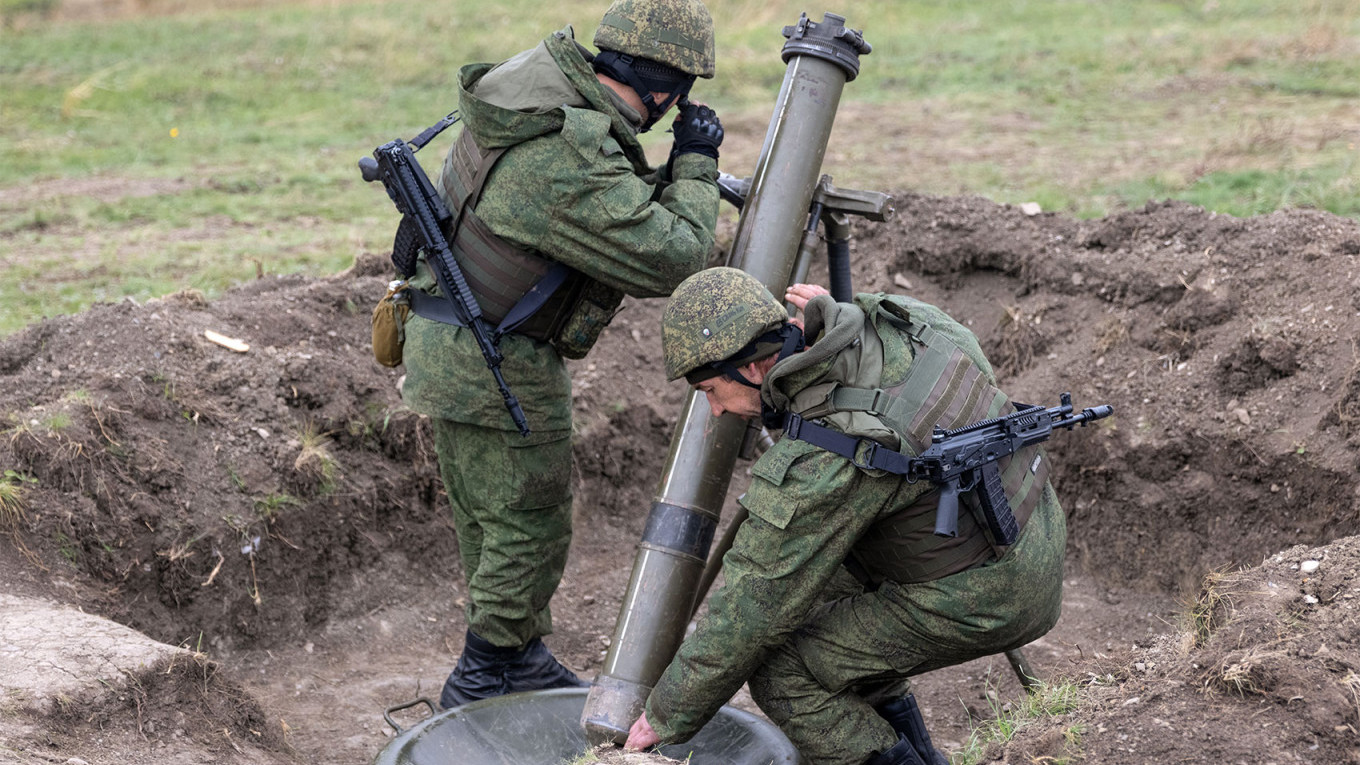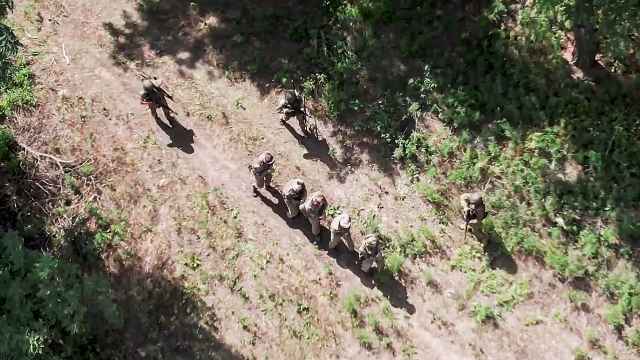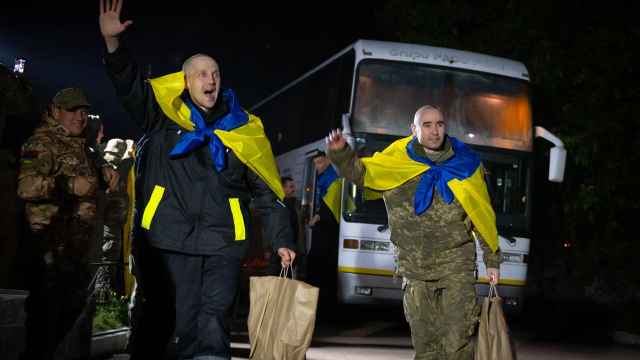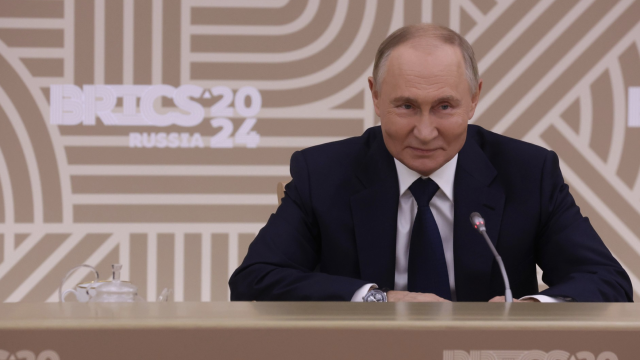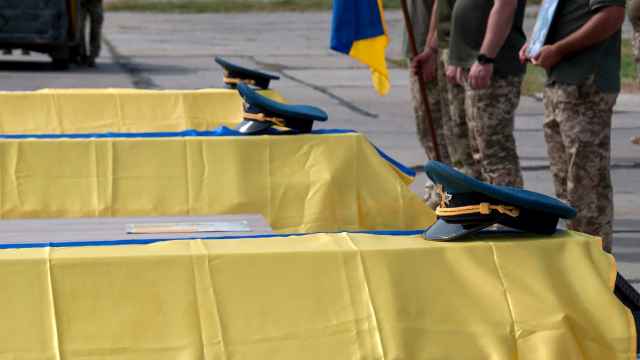Russian soldiers who die in combat in Ukraine “belong to the state,” a regional governor said at a meeting with the mothers of fallen troops Thursday.
The blunt comments from Igor Kobzev, the head of the Irkutsk region in southeast Siberia, come as the Russian military officially acknowledges fewer than 6,000 casualties despite suffering major setbacks in its nine-month invasion.
Quoting his own mother's words to him when he enrolled in a military academy, Kobzev, 56, said:
“From now on you don’t belong to me, you belong to the state, the homeland.”
“With honor and great understanding, I hand over an 18-year-old boy into service in the Armed Forces and you’re becoming a person of the state.”
At the meeting, Kobzev awarded medals to the fallen soldiers’ mothers and claimed that only 28 Irkutsk region natives have died in Ukraine.
Independent media outlets tracking Russia's military deaths say 122 servicemen from the Irkutsk region have died in Ukraine since February.
The outlets have been able to confirm the names of 9,000 Russian soldiers killed in Ukraine.
Senior U.S. officials estimate that 100,000 Russian troops have died, gone missing or been seriously injured in the war.
President Vladimir Putin is expected to meet the mothers of soldiers fighting in Ukraine later Friday.
The run-up to the anticipated meeting has been plagued by accusations from the soldiers’ relatives that Putin will likely meet handpicked representatives and continue ignoring their concerns.
A Message from The Moscow Times:
Dear readers,
We are facing unprecedented challenges. Russia's Prosecutor General's Office has designated The Moscow Times as an "undesirable" organization, criminalizing our work and putting our staff at risk of prosecution. This follows our earlier unjust labeling as a "foreign agent."
These actions are direct attempts to silence independent journalism in Russia. The authorities claim our work "discredits the decisions of the Russian leadership." We see things differently: we strive to provide accurate, unbiased reporting on Russia.
We, the journalists of The Moscow Times, refuse to be silenced. But to continue our work, we need your help.
Your support, no matter how small, makes a world of difference. If you can, please support us monthly starting from just $2. It's quick to set up, and every contribution makes a significant impact.
By supporting The Moscow Times, you're defending open, independent journalism in the face of repression. Thank you for standing with us.
Remind me later.


